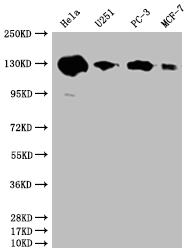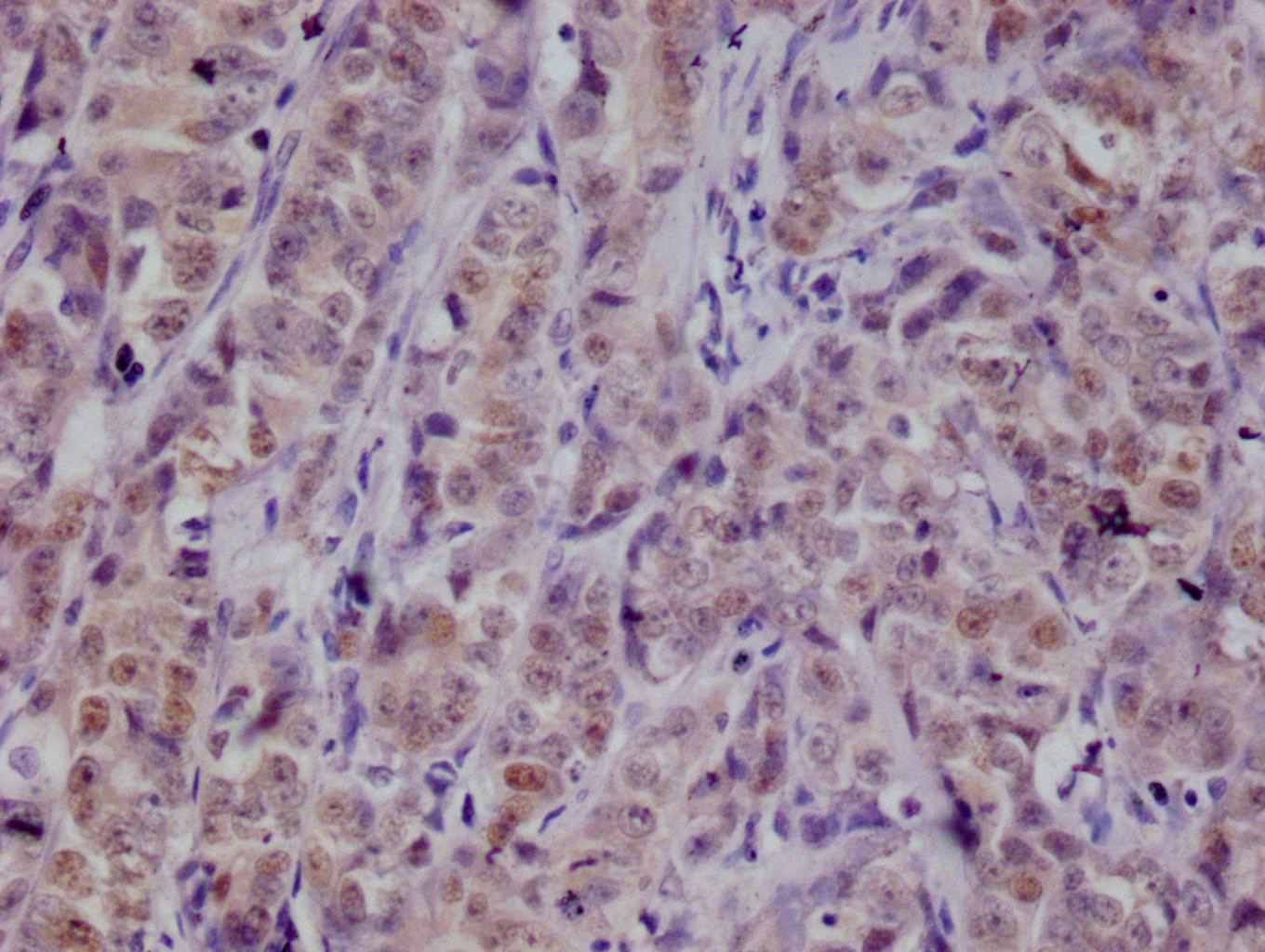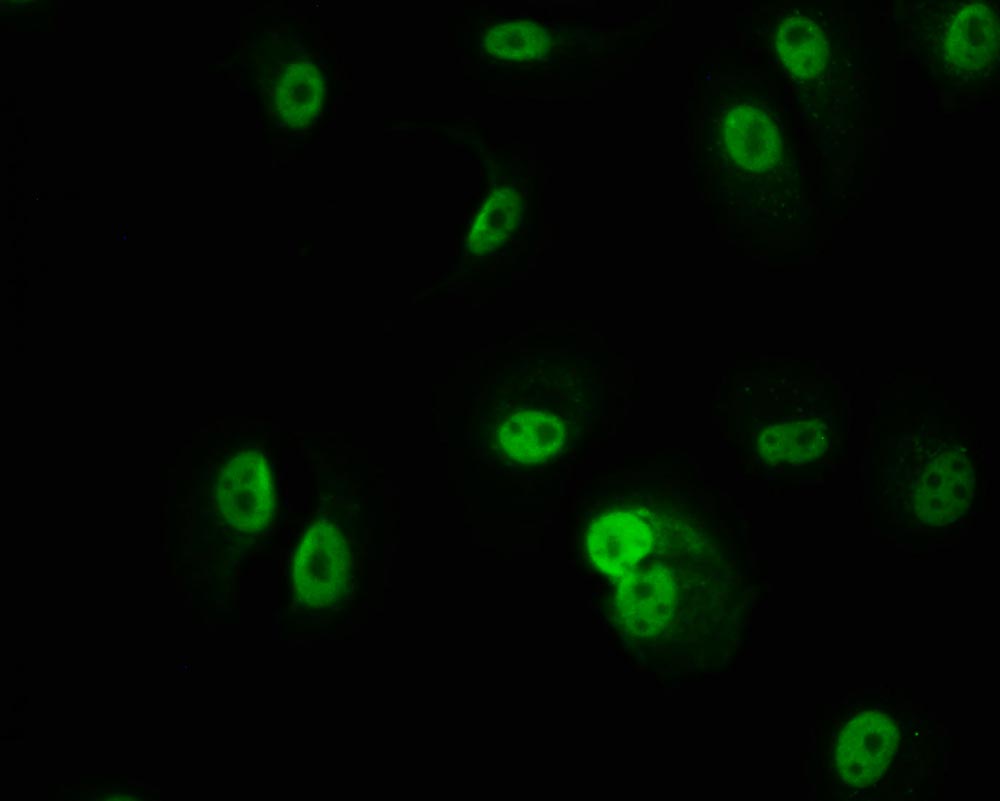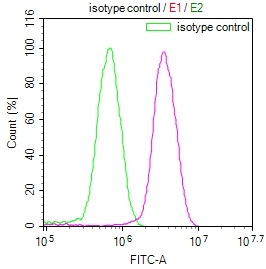The PKN2 recombinant monoclonal antibody is produced through a well-established and rigorous process to ensure its quality and specificity. Initially, B cells are isolated from an immunized animal using the synthesized peptide derived from human PKN2 as the immunogen. Total RNA is extracted from the B cells and converted into cDNA through reverse transcription. The PKN2 antibody genes are then amplified using specific primers designed for the antibody constant regions and inserted into an expression vector. This vector is transfected into host cells, enabling the production of the PKN2 recombinant monoclonal antibody. Following cell culture, the antibody is harvested from the supernatant and purified using affinity chromatography, resulting in a highly purified preparation. Extensive characterization assays, including ELISA, WB, IHC, IF, and FC analysis, are conducted to validate the antibody's specificity and functionality, ensuring its precise recognition of human PKN2 protein. This meticulous production process guarantees the generation of a reliable and effective PKN2 recombinant monoclonal antibody, suitable for diverse applications in PKN2-related research.







